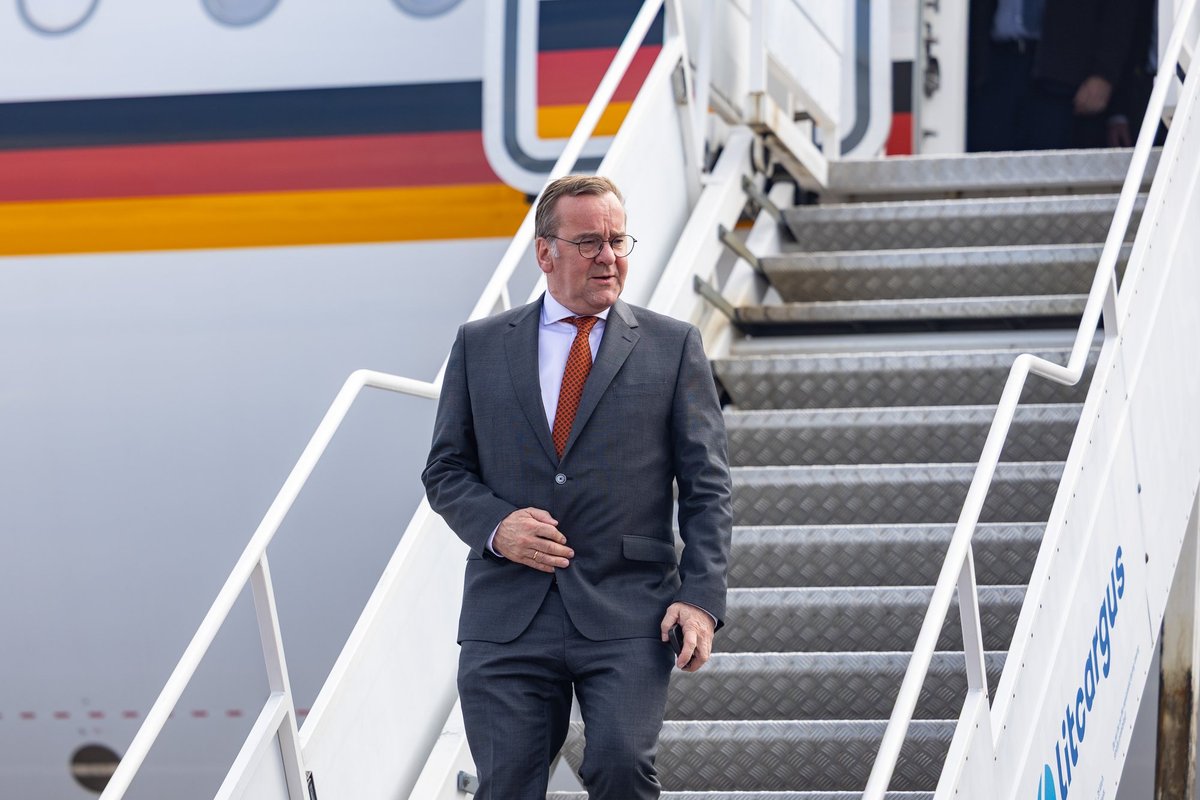“We are continuing our discussions in NATO and between the allies. It is about improving the capacities passively and actively in terms of air defence. We will see whatever is possible in the weeks and month to come,” Pistorius told reporters in Rukla, after a ribbon-cutting ceremony for the new Permanent Logistics Support Area.
“It is just a couple of days too early to announce what we are planning but we will do certain things,” he added.
Asked about the recent airspace violations over NATO countries, Germany’s defence minister said the priority now is to ensure smooth communication among allies.
“The key now is to avoid any gaps in communication and to show Moscow that we can act in unity,” Minister Pistorius stressed.
In turn, Minister of National Defense Dovilė Šakalienė highlighted the need to transition from an air policing mission to an air defence mission.
“We have talked about the necessity to transition from air policing to air defense for quite a few years now. Obviously, events of the last few months, when we saw violations of NATO airspace in different countries—Lithuania, Latvia, Estonia and Poland, put this question in a very hot spot,” the minister said.
Šakalienė noted that the ability for the air policing mission to carry out combat tasks is a good first step, but more needs to be done.
“We are talking about a change of rules of engagement, about additional resources, more flexibility of the SACEUR mandate, and better fulfilment of Operation Eastern Sentry. (…) We need to ensure that it is filled with everything that we need to defend our airspace and our borders,” Šakalienė stated.
The new logistics hub in Rukla, backed by over EUR 90 million in German investment, is set to boost NATO’s operational readiness in Lithuania and deepen defence ties between the two countries.
